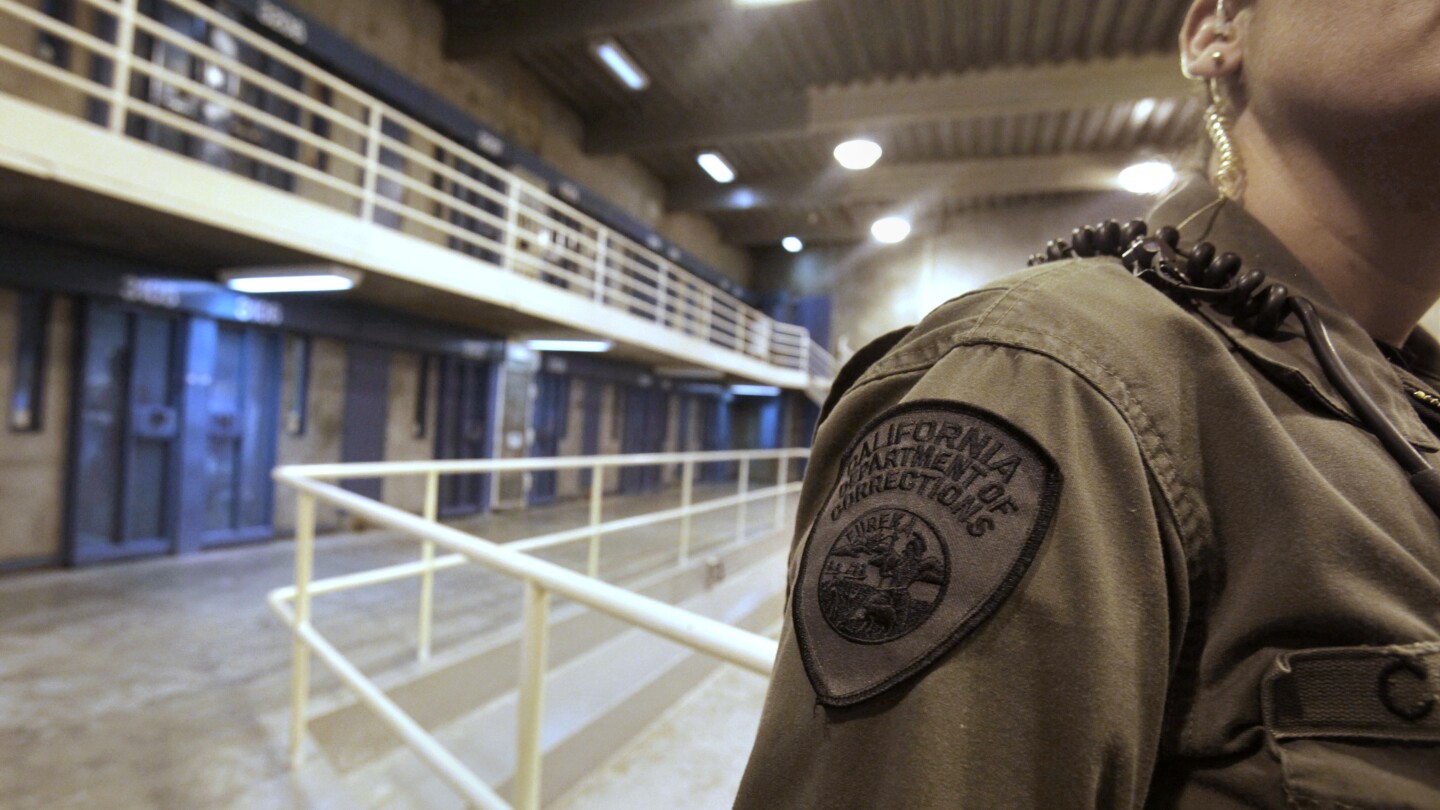Corrections Policies
Corrections policies are the backbone of effective correctional facility management, guiding the daily operations, inmate management, and staff conduct. This directory provides articles that detail the development, implementation, and impact of various policies within the correctional system. Understanding corrections policies is crucial for ensuring compliance, maintaining order, and promoting facility safety. For further information on how these policies are enforced, explore our section on Correctional Facility Procedures.
Policy changes at the Norfolk City Jail include RN-led intake screenings, expanded mental health staffing and enhanced deputy training
Midland County Jail officials say outsourcing mail scanning improves safety for staff and inmates while maintaining access to correspondence
The inmate housing experiment is featured in Netflix’s “Unlocked: A Jail Experiment” and offers lessons in risk leadership, supervision and re-entry
Recent escapes and officer misconduct show where leadership oversight breaks down first
Officer Robert McFarland was killed by two inmates using hammers and a metal grinder during a failed escape attempt that his widow says was preventable
Modern transport demands real-time visibility, better documentation and consistent communication
Jeremy Hall’s widow and a current CO say known threats and understaffing went unaddressed before the fatal incident
Former and current employees cite poor support, lack of training and 16-hour shifts as contributing factors to escalating safety issues
The law mandates quicker death reporting, permanent body camera use and expanded access for oversight groups like CANY
IDOC inspections in 2024 found that more than 40 facilities missed mandatory 30-minute checks and over a dozen failed to meet minimum staffing levels
Officials point to $9M in K2 seized in 2025 and say they are addressing the crisis through education, enforcement and review
The Allegheny County corrections union is challenging a voter-backed ban on chemical agents and restraints
David Walters was sentenced to up to 7 years for manslaughter in Robert Brooks’ death, but claims policy violations do not equal criminal conduct
Modern transport demands real-time visibility, better documentation and consistent communication
How proactive scheduling, clear decision protocols and better cost tracking help corrections leaders reduce overtime and stabilize operations
The bill follows the budget rollback of the 72-hour notice rule and would prevent MDOC from reinstating it in the future
New welfare check protocols at the Otter Tail County Jail require staff to assess visibility, signs of life, mental health and access to water
Used wisely, discretion strengthens safety and legitimacy in corrections; misused, it erodes authority and ethics
Adams County jail received $3.1 million from call fees since 2020 while failing to provide face-to-face visitation, according to the lawsuit
Unplanned extraditions can unravel even the most efficient operation — a structured readiness plan keeps transports safe, predictable and under control
The reforms include new use of force rules, BWCs, bans on stress positions and K-9 patrols, and mandatory diversity training for staff at Souza-Baranowski Correctional Center
Physical design flaws, staffing shortages and complacency all create unseen risks in correctional facilities — but proactive supervision can help eliminate blind spots
Cortney Phillips was handed 10 doses of methadone, a drug used to treat addiction, that was intended for the woman who was supposed to be released
“Our policy requires four times that you identify the inmate to ensure you have the right one ... I really can’t wrap my head around how it could have happened,” the sheriff said
Plastic fans, lighter padlocks and revamped mail processing are among measures aimed at limiting weapons and contraband
Recommendations include expanding segregation eligibility and improving incentive programs to enhance facility safety
The audit found staffing, classification and alarm systems were compliant on the day inmate Rashawn Cannon killed Officer Andrew Lansing
The settlement resolves claims that more than 1,500 pregnant CDCR staff were forced to choose between unsafe duties, demotion or unpaid leave
Proactive thinking and clear justification are key to managing force incidents and protecting both staff and inmates
MOST POPULAR
- N.Y. corrections officer: Settlements to some fired COs is a ‘slap in the face’
- Video: 10 inmates escape from New Orleans jail
- N.Y. prison strike: What led to it, state response and what could come next
- The culture of compliance: Breaking destructive patterns in correctional facilities
- Minn. orders county jail to reduce inmate count due to safety, staffing concerns





























